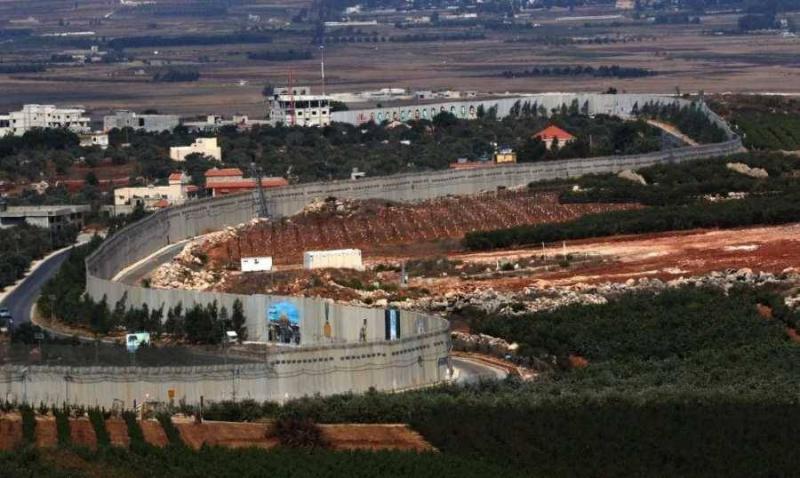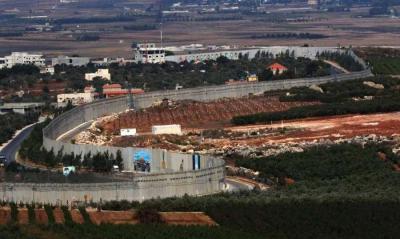Most political forces in Lebanon are dealing with Israel's assassination of the Deputy Head of Hamas's Political Bureau, Saleh Al-Aarouri, along with two companions and four of their escorts, in the southern suburbs of Beirut, from the perspective that it seeks to lure Hezbollah into expanding the ongoing war in the Gaza Strip towards the northern front in southern Lebanon. This is being presented under the pretext that Hezbollah is targeted by the resistance axis, in an attempt to regain support by portraying itself as a victim of terrorism that has emerged following Hamas's incursion into Israeli settlements located within the Gaza envelope. The question remains: when will Hezbollah respond and how?
Israel chose the southern suburbs and utilized airpower to attack the building where Al-Aarouri was located, targeting it with six missiles, five of which hit the two floors he occupied, while the sixth did not explode and was disabled by the army's technical team. This was confirmed by a high-ranking Lebanese security source to "Asharq Al-Awsat," also affirming that the cars parked in front of the building were burned due to the force of the explosion, contrary to claims that they were hit by a missile launched from a drone. The security source noted that elements from the Lebanese Army Intelligence Directorate are still present at the building, collecting evidence and conducting an investigation based on the instructions of the Attorney General, dismissing any possibility that Israel used drones in the assassination of Al-Aarouri and his companions in the southern suburbs, which represent the strategic security depth of Hezbollah, as it engages in confrontation with Israel along the northern front in southern Lebanon, supporting Hamas in its open war in the Gaza Strip.
The same security source confirmed that Al-Aarouri's assassination reflects the threats issued by Israeli Prime Minister Benjamin Netanyahu against the leadership figures in Hamas, stating that the choice of the southern suburbs as one of the battlegrounds, alongside Qatar and Turkey, was not a coincidence but aligns with his calculations that it would not pose a problem for him if he decided to assassinate Hamas leaders in other locations outside Lebanon, considering he is already in confrontation with Hezbollah. Thus, he wanted to send a message that he has the capability to carry out a significant security breach, the first of its kind, which threatens the established rules of engagement since the end of the July 2006 war.
In other words, Netanyahu scored a significant security point against Hezbollah, as if to say there would be no issue for him if he planned to target party officials, given that he successfully reached the very heart of Hezbollah by assassinating Al-Aarouri without facing obstacles. Netanyahu, through Al-Aarouri's assassination, seeks to record a victory to compensate for his inability to target Hamas leaders in Gaza, despite his commitment to eliminate them with the start of the Israeli army's ground invasion of the Gaza Strip, possibly hoping to reshuffle the cards and lead the region into a regional war after failing to achieve significant victory in his ongoing war against Hamas. The aim is to restore his credibility and bolster the reputation of his intelligence services after their failure to prevent Hamas's operation, "Aqsa Flood," which led to the raid on Israeli settlements.
A prominent political source noted the U.S. stance regarding Al-Aarouri's assassination, despite having issued a reward for his capture, saying that Washington hastened to distance itself from the assassination, appearing to wash its hands of its involvement in his killing, denying that it had been informed of the operation against him.
The implications of the U.S. renunciation of the assassination are significant. The political source questioned whether Washington had initiated steps to wash its hands clean of the assassination in an attempt to signal to those concerned that it is currently considering putting an end to the grace period that allowed Netanyahu to assert control over Gaza and eliminate Hamas definitively within a predetermined timeframe that is nearing its end.
In anticipation of the statement from Hezbollah's Secretary-General, Hassan Nasrallah, in response to Al-Aarouri's assassination in the party's stronghold, the question arises whether the conditions are still favorable to revive UN resolution 1701, paving the way for its implementation after it has been over 17 years since its adoption. This is particularly relevant as Lebanon is days away from the return of U.S. Energy Adviser Amos Hochstein to Beirut, mediating to bring resolution 1701 out of cold storage and onto a path of implementation.
The political source revealed that former U.S. Secretary of State Condoleezza Rice visited Beirut during her tenure in late June 2008, coinciding with the assignment of President Fouad Siniora to form the Lebanese government for the second time. She proposed placing the Shebaa Farms and Kfarshouba Hills under UN supervision, expanding the deployment area of international forces (UNIFIL), supported by the Lebanese army to implement resolution 1701, but her proposal met with Hezbollah's rejection at that time.
Will the American mediator succeed in defining Lebanon’s land borders? How will Hezbollah respond to Al-Aarouri's assassination? It is understood that Hezbollah will not limit its response to merely accusing Israel of breaching the rules of engagement, nor will they solely counter Israel to prevent any alteration of these rules. Although the high tone of Nasrallah's speech does not indicate an immediate response, it suggests he will choose the right timing and place to exact revenge on Tel Aviv. There are expectations, as stated by the political source to "Asharq Al-Awsat," that Nasrallah's rhetoric may reflect an increase in retaliatory actions to avoid mirroring the nature of his confrontations with Israel in support of Hamas.
However, this does not imply that Hezbollah will willingly engage in an open war, given the current internal situation in Lebanon and the country’s inability to enter into a prolonged conflict. Iran also does not show enthusiasm for expanding the war; had it desired to do so, it would have intervened at the appropriate time, choosing instead to maintain open channels of indirect communication with Washington. Therefore, the party, from its opponents' perspective, is not inclined to be dragged into an open war under conditions that are not favorable, unlike the circumstances during the 2006 war. Hezbollah prefers to remain within the confines of supporting Hamas and may resort to threatening actions, to pressure Israel, as it does not agree to its conditions.




